Understanding Photoelectric Sensors and Their Applications
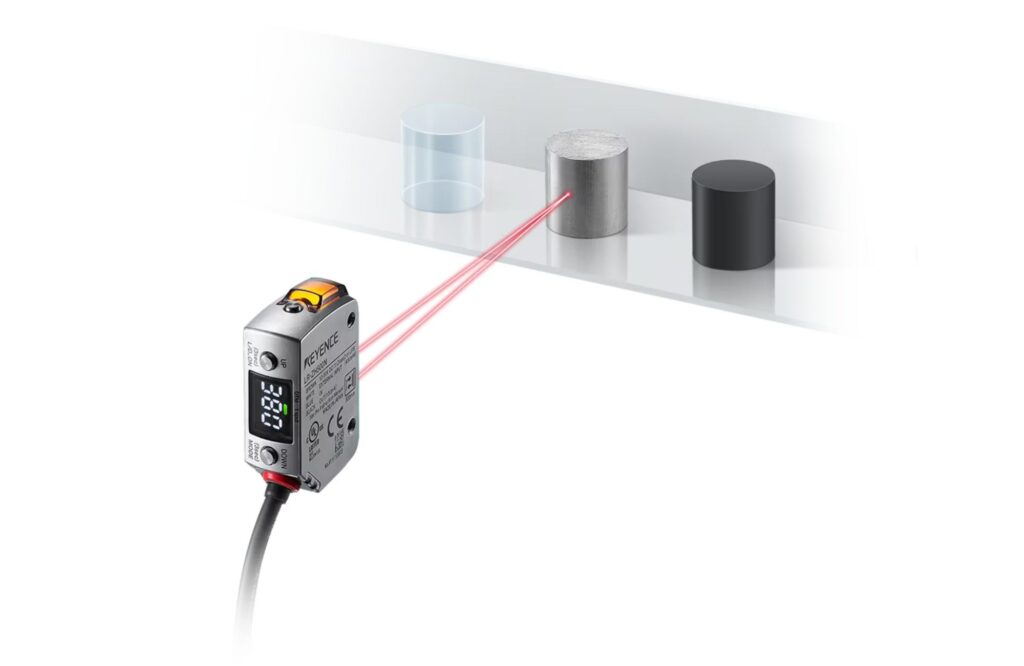
Photoelectric sensors are ubiquitous in modern industrial automation, acting as the “eyes” of many systems. They provide crucial non-contact detection of objects, impacting everything from simple conveyor belt systems to complex robotic assembly lines. This article will dive deep into the world of photoelectric sensors, exploring their different types, working principles, and diverse applications. If you’re involved in machinery manufacturing, factory solutions, or general industrial automation, understanding these sensors is critical for optimizing your processes and ensuring efficient, reliable operation. This read will give you that understanding.
Comprehensive Guide to Photoelectric Sensor Types in Industrial Automation
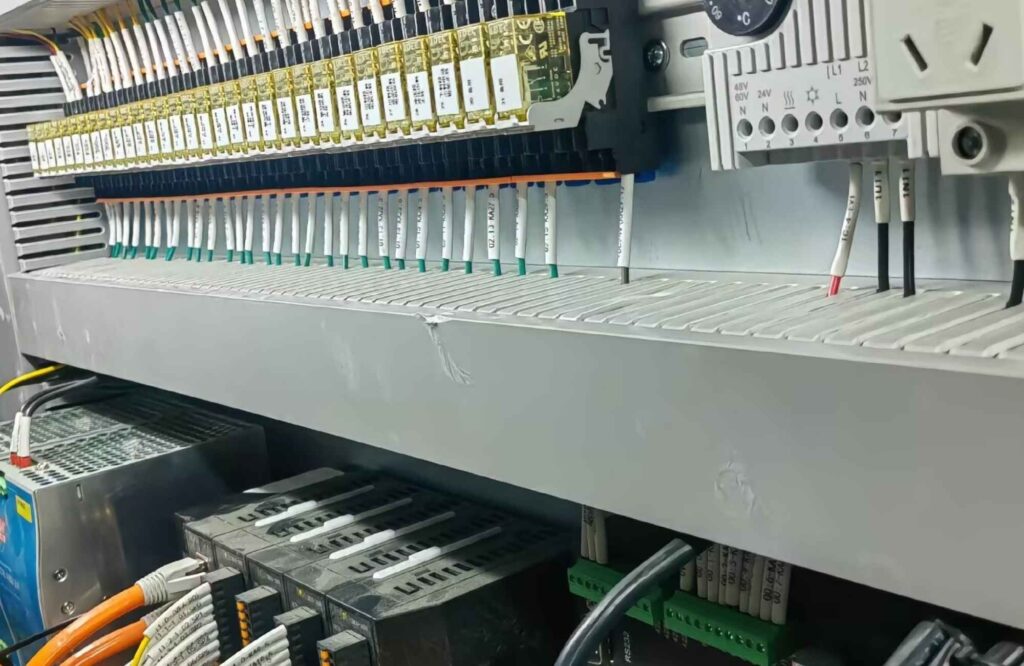
This article delves into the fascinating world of photoelectric sensors, exploring their various types, functionalities, and applications in industrial automation. We aim to provide a comprehensive understanding of how these detectors are transforming manufacturing processes, enhancing efficiency, and ensuring precision. If you’re involved in the machinery and equipment industry, manufacturing, or providing factory solutions, this article offers valuable insights into leveraging photoelectric sensor technology for your operations, and it explains why reading further will equip you with the knowledge to optimize your automation strategies.
Step-by-Step Guide to Programming Omron PLCs for Beginners
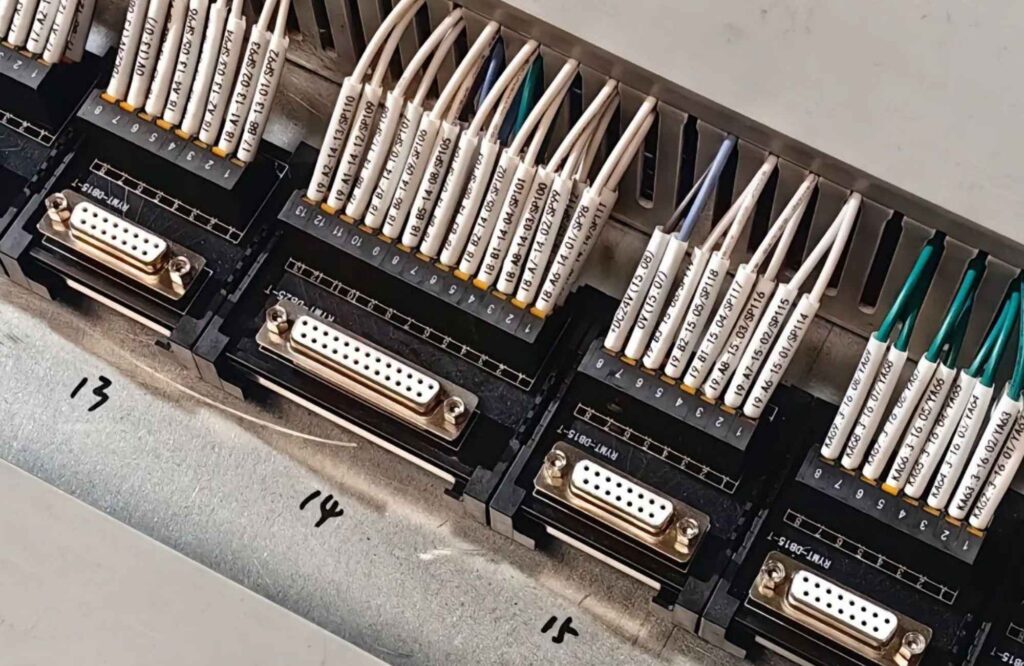
Programmable Logic Controllers (PLCs) are essential components in industrial automation, and Omron PLCs are among the most widely used in the industry. If you’re new to PLC programming, this step-by-step guide will walk you through the basics of programming Omron PLCs, helping you get started with confidence.
Top 10 Features of Omron PLCs That Make Them Industry Leaders
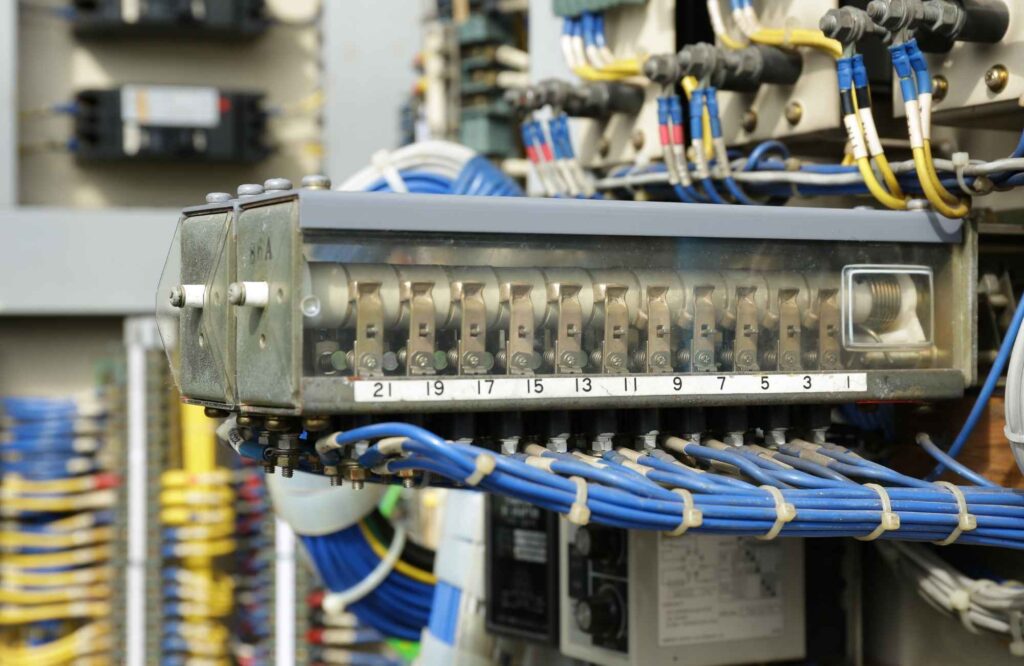
Programmable Logic Controllers (PLCs) are the backbone of modern industrial automation, and Omron has consistently been at the forefront of this technology. Omron PLCs are renowned for their reliability, versatility, and advanced features, making them a top choice for industries worldwide. In this article, we’ll explore the top 10 features of Omron PLCs that set them apart as industry leaders.
Troubleshooting Tips for Omron PLC Systems
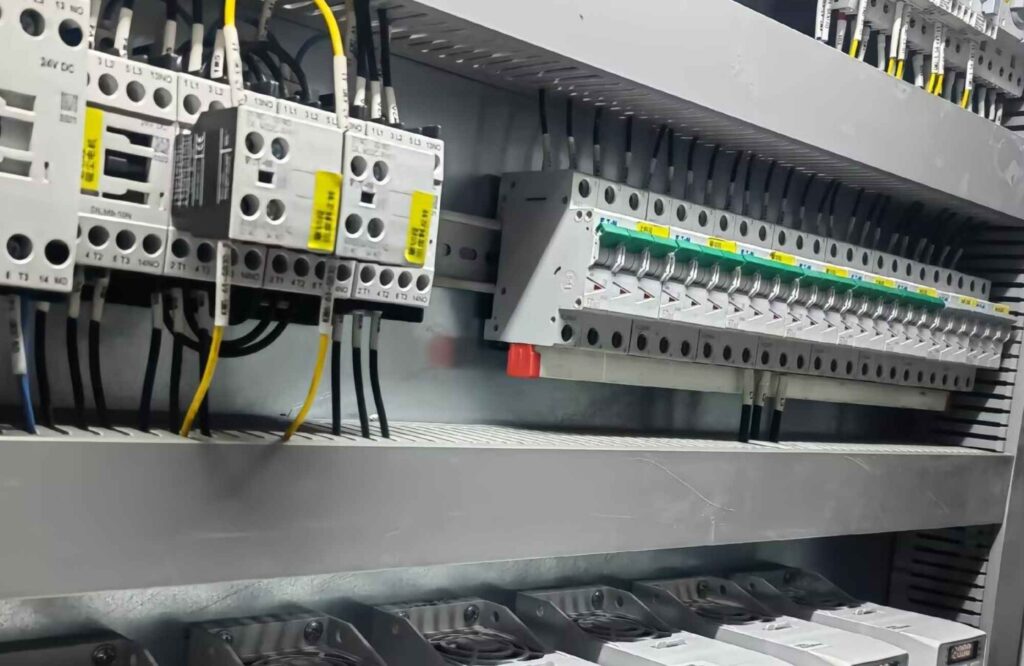
Programmable Logic Controllers (PLCs) are the backbone of modern industrial automation, and Omron PLCs are among the most reliable and widely used systems in the industry. However, like any complex piece of equipment, Omron PLC systems can encounter issues that require troubleshooting. Whether you’re a seasoned engineer or a beginner, understanding how to diagnose and resolve common problems can save time, reduce downtime, and improve operational efficiency. In this article, we’ll explore practical troubleshooting tips for Omron PLC systems.
SINAMICS S120 Faults: A Troubleshooting Guide
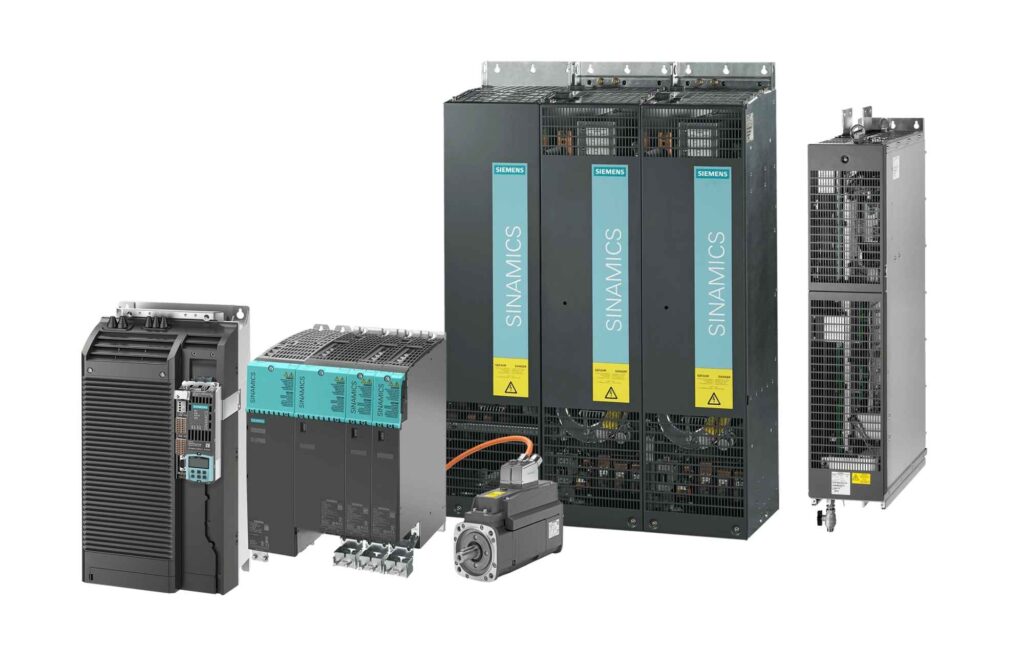
This article serves as a detailed guide to understanding and resolving SINAMICS S120 fault codes. Whether you’re an experienced engineer or new to industrial automation, this resource provides invaluable insights into the intricacies of SINAMICS S120 drives, helping you diagnose and troubleshoot faults efficiently. With a focus on practical solutions, we aim to equip you with the knowledge necessary to minimize downtime and optimize the performance of your machinery.
Proximity sensor vs Photoelectric sensor
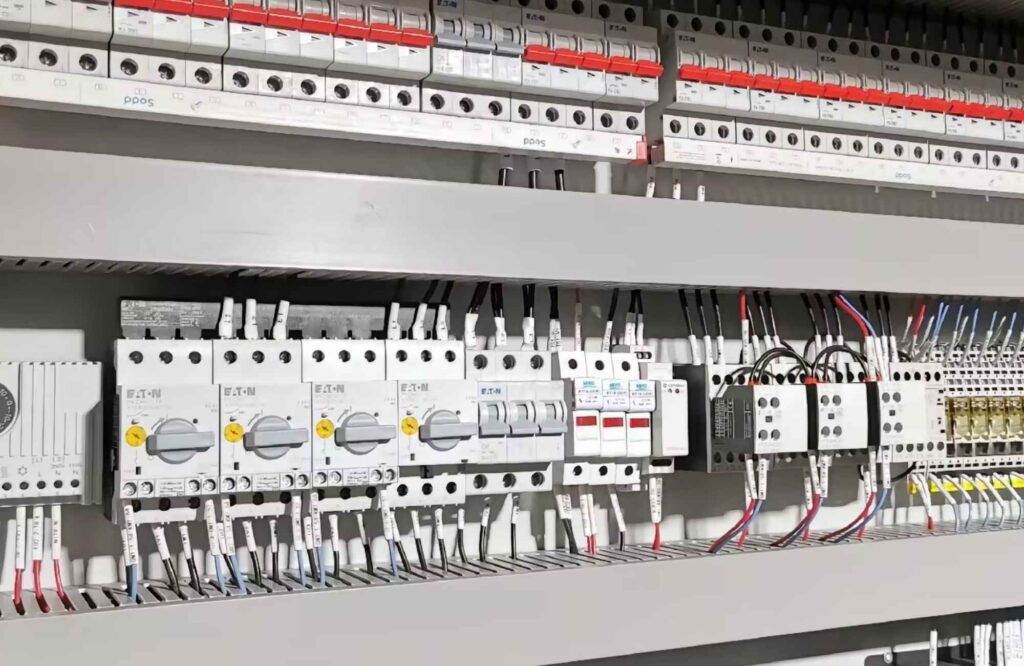
This article delves into the fascinating realm of proximity sensors and photoelectric sensors, exploring their functionalities, differences, and applications. Whether you’re a seasoned engineer in a machinery and equipment factory or a solution provider seeking the best automation components, understanding these sensor types is crucial. As an industrial automation and control products manufacturing plant, we’re here to illuminate the intricacies of these vital components, ultimately guiding you toward informed decisions for your projects.
Inductive Sensors: Demystifying the Working Principle of Inductive Proximity Sensors
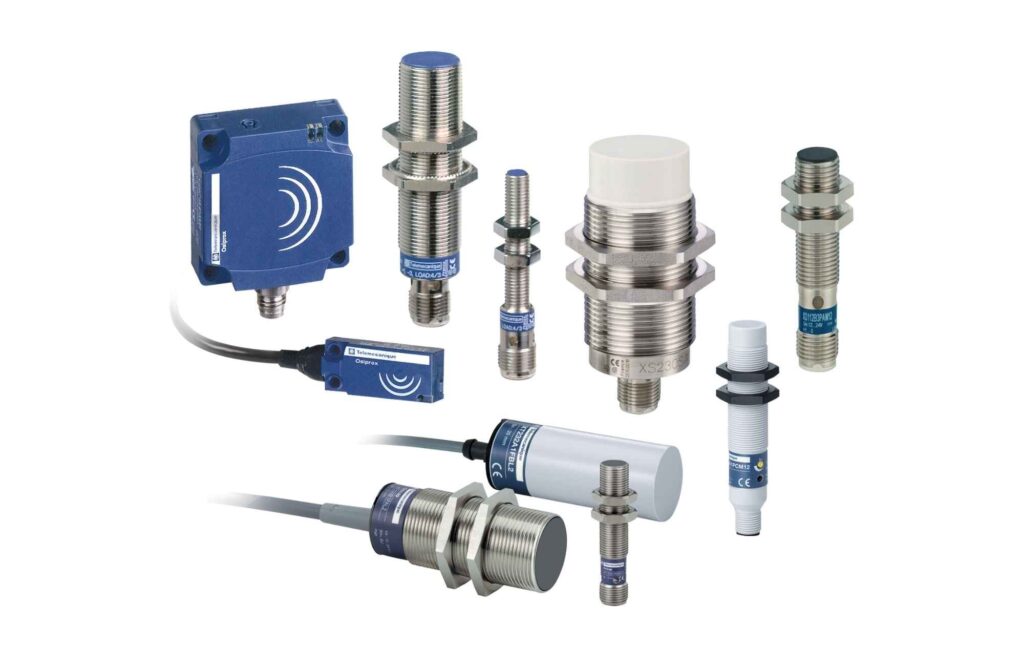
This article delves into the fascinating world of inductive sensors, explaining how they work, their various types, and their wide-ranging applications in industrial automation. Whether you’re a seasoned engineer or simply curious about these devices, this comprehensive guide will provide valuable insights into the technology that powers numerous industries, making it a worthwhile read for anyone seeking to understand the intricacies of modern sensing solutions.
Lenze Drive Error Codes: How to Connect, Operate, and Fix Common Faults
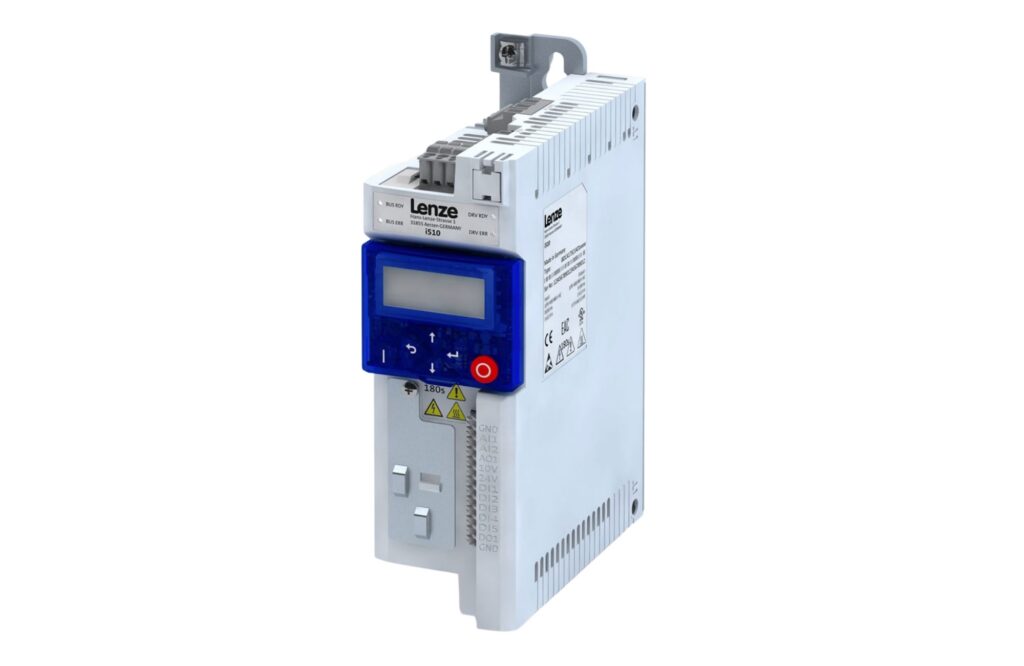
This article provides a comprehensive guide to understanding, troubleshooting, and resolving common fault codes in Lenze drives. If you’re working in industrial automation, particularly with machinery and equipment factories or manufacturing plants, this guide will be an invaluable resource. We delve into the intricacies of Lenze drive error codes, offering practical solutions and expert insights to enhance your operational efficiency and minimize downtime. Understanding these error codes is essential for maintaining the reliability and longevity of your equipment.
Demystifying Magnetic Switches: A Comprehensive Guide for Industrial Applications
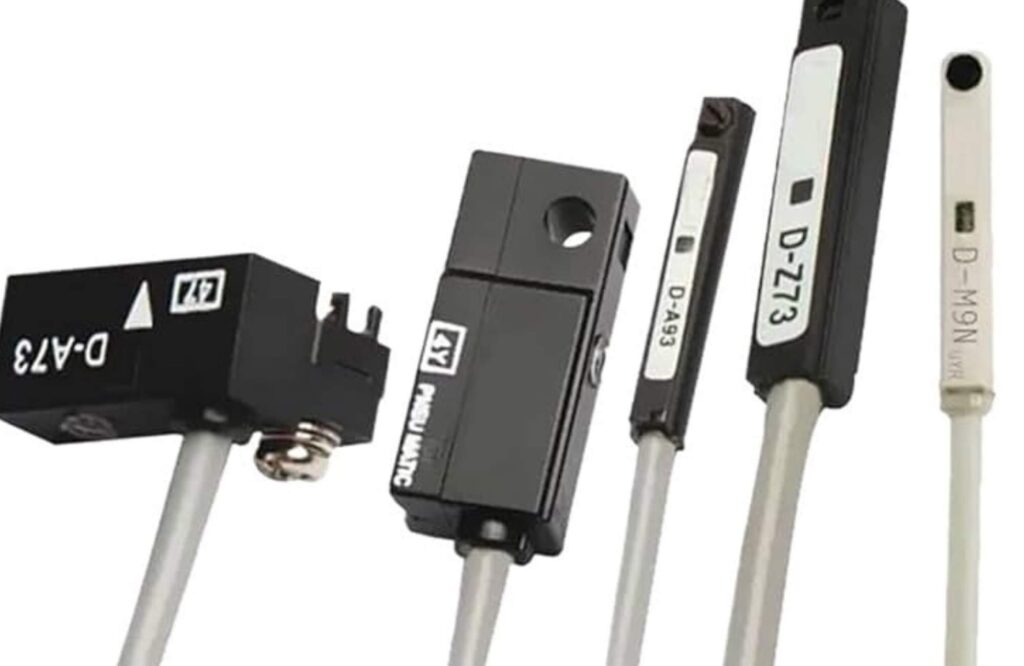
This article provides an in-depth look at magnetic switches, exploring their function, benefits, and applications, particularly within industrial settings. Whether you’re a seasoned engineer or new to the world of industrial automation, this guide will equip you with a thorough understanding of how magnetic switches can enhance your operations. We aim to demystify these devices and showcase why they are a critical component in modern manufacturing and automation systems.
